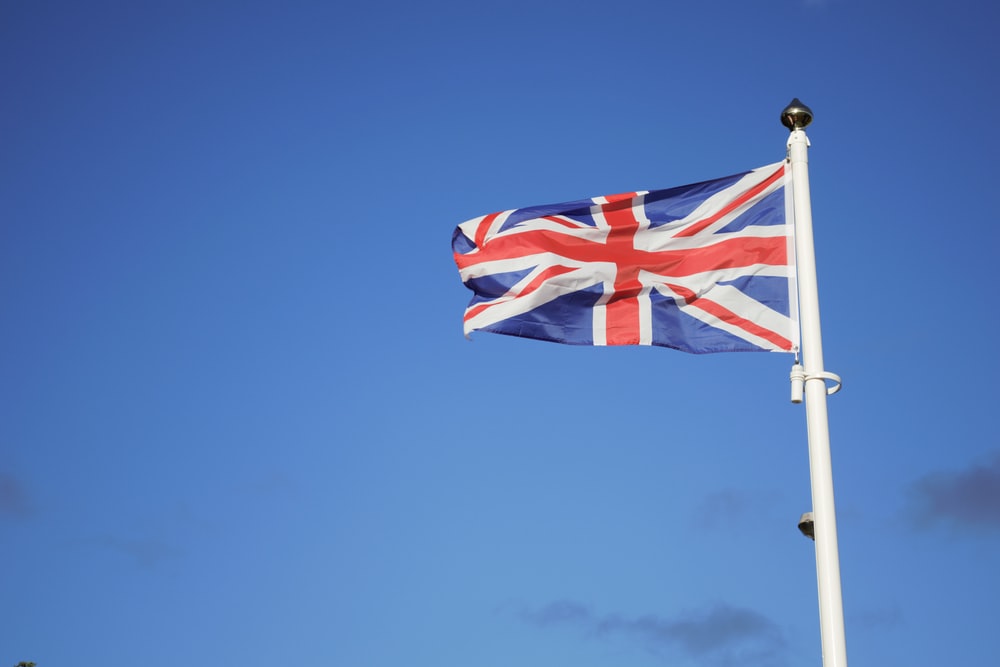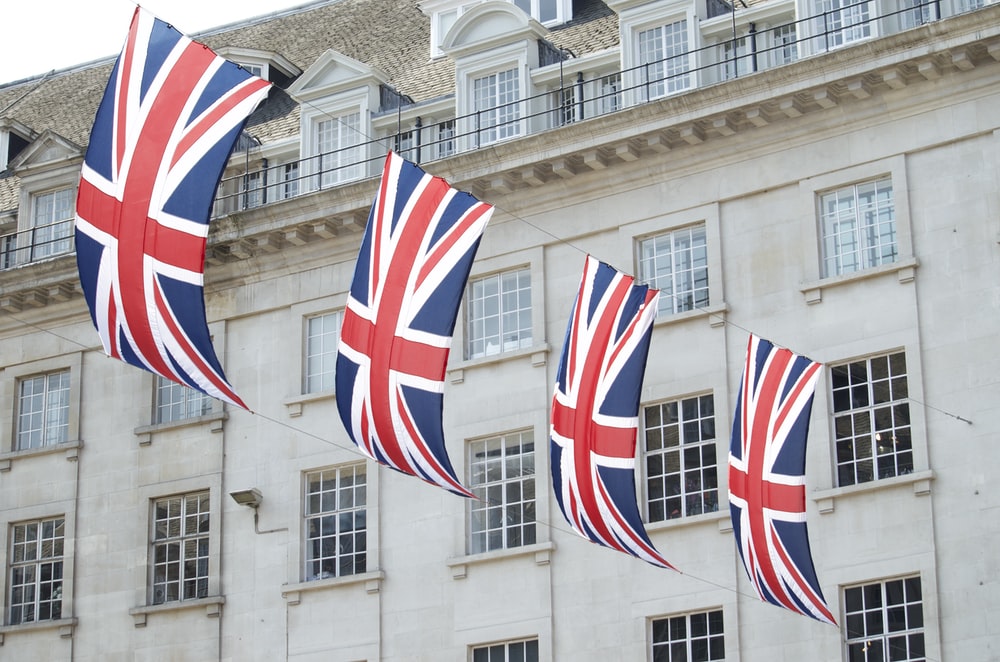On 28 April 2022, the UK Nationality and Borders Act became law by the government. This new law will change the rules for citizenship and asylum seekers drastically. Therefore, here’s an overview of some of the most significant changes made by this revision to UK immigration law.
The Home Secretary Have the Power to Take Away British Citizenship
This new legislation has given the home secretary a range of new powers, one of which includes having the ability to take away one’s British citizenship without warning. However, the government cannot leave anyone without a national identity. What that means is that you won’t be at risk if you only have British citizenship—and nothing else. However, if you have dual citizenship because of being born in another country or for any other reason, you are at risk.
Asylum Seeker May Be Sent to Rwanda
The UK Nationality and Borders Act has legalized the process of sending asylum seekers to Rwanda while they await their asylum claims. The government will use this for “inadmissible” asylum seekers. This change has been protested by several human rights experts as the UK continues to reduce access to its territory. Also, asylum seekers that are still waiting for their status are now fearful of their futures.
Certain Asylum Seekers Can Be Criminalised
The UK government has set two categories for asylum seekers based on how they entered the country. Group 1 includes those who had a visa to enter the country, while Group 2 includes those who do not. Thus, Group 2 will not meet the requirements of entering the country, which could lead to their prosecution.
What is unfortunate is that most people who attempt to seek asylum are unable to acquire visas for the UK because of the countries they belong to. Therefore, how one enters the UK will have a significant impact on their ability to claim asylum, and those entering through small boats are at great risk of deportation or prosecution.
Group 2 Asylum Seekers Have Worse Accommodations and Other Amenities than Those of Group 1
The home secretary can ensure that Group 2 asylum seekers have worse accommodations and other amenities than those of Group 1. This is also true for those who broke any immigration laws in the past to get to the UK. Thus, harsher living conditions for certain asylum seekers will affect countless people seeking refuge.
Last Few Words
There has been significant pushback since the UK Nationality and Borders Act was first introduced by several human rights experts and regular people alike. There’s no doubt that the passing of this new law makes it significantly harder for immigrants to seek refuge and live a safe life in the UK. That said, if you find yourself in a difficult spot regarding immigration law in the UK, know that you have options. A seasoned and knowledgeable solicitor may be to help your case.












